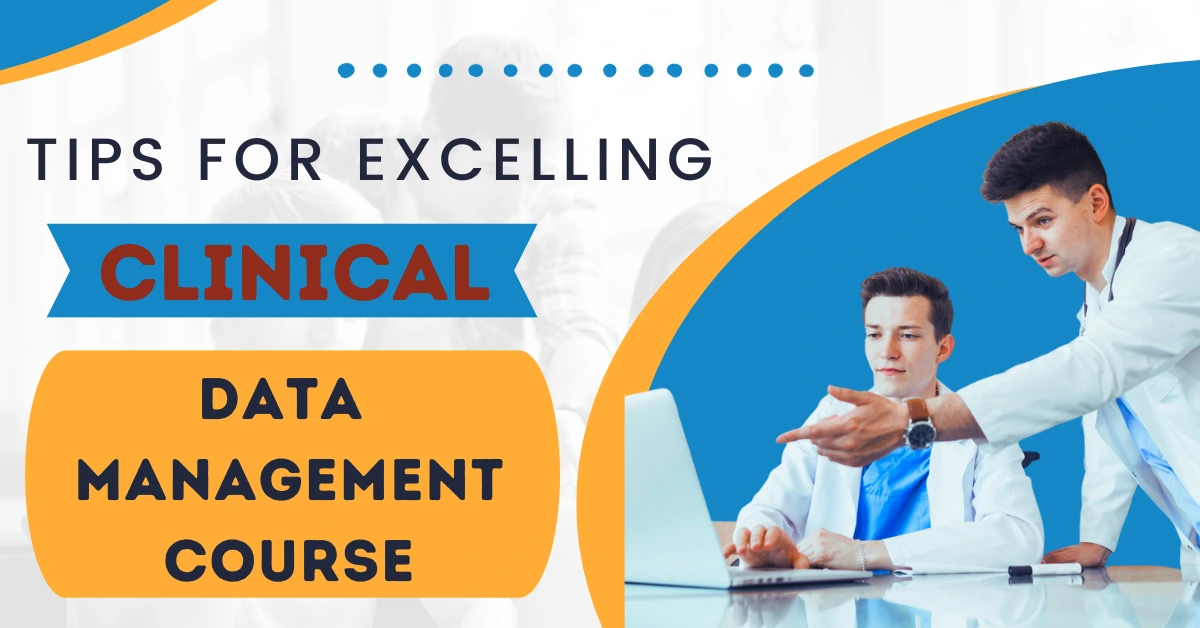Clinical Data Management (CDM) is an integral part of the healthcare industry, ensuring the efficient collection, storage, and analysis of clinical trial data. As professionals in this field, we understand the significance of staying up-to-date and excelling in your clinical data management course. In this article, we will provide you with invaluable tips and insights to help you succeed in your CDM studies and excel in your career. Let’s dive into the world of Clinical Data Management and explore how you can become a proficient expert in this domain.
Understanding the Importance of Clinical Data Management
Clinical Data Management is the backbone of medical research. It involves the collection, validation, and analysis of clinical trial data, which is crucial for the development of new drugs, medical devices, and treatment protocols. Without efficient data management, medical advancements would be stymied, making CDM professionals vital contributors to the healthcare industry.
Key Tips for Excelling in Your Clinical Data Management Course
-
Stay Informed About Regulatory Guidelines
The world of healthcare is highly regulated, and Clinical Data Management is no exception. One of the first steps to excel in your CDM course is to stay well-informed about regulatory guidelines. This includes understanding the guidelines set forth by authorities like the FDA, EMA, and ICH-GCP. Staying compliant with these regulations is essential in the pharmaceutical and healthcare industries.
-
Master Data Collection Techniques
Efficient data collection is at the heart of Clinical Data Management. To excel in your course, you must master various data collection techniques. This includes understanding Electronic Data Capture (EDC) systems, Case Report Form (CRF) design, and data entry procedures. Proficiency in these areas will set you apart in the field.
-
Data Cleaning and Validation
Ensuring data accuracy is paramount in clinical data management. Learn how to clean and validate data effectively. This includes identifying and resolving discrepancies, conducting edit checks, and ensuring data quality. Accuracy in data management is crucial for successful clinical trials.
-
Understand Statistical Analysis
A fundamental aspect of CDM is statistical analysis. To excel, you need to understand statistical methods used in clinical research. This includes knowledge of statistical software, such as SAS or R, and the ability to interpret and report statistical results accurately.
-
Effective Communication Skills
Strong communication skills are essential for CDM professionals. You will often collaborate with cross-functional teams, including clinical researchers, biostatisticians, and medical writers. Being able to communicate your findings and data insights clearly and effectively is crucial in the industry.
-
Stay Updated with Technological Advancements
The field of Clinical Data Management is continually evolving with technological advancements. Stay updated with the latest software and tools used in data management.
Pursuing a Career in Clinical Data Management
-
Network and Build Relationships
Networking is essential for career growth in Clinical Data Management. Attend conferences, seminars, and join professional organizations like the Society for Clinical Data Management (SCDM). Building relationships within the industry can open up new opportunities for your career.
-
Seek Internships and Practical Experience
Practical experience is invaluable in CDM. Look for internships or entry-level positions in pharmaceutical companies, clinical research organizations (CROs), academic institutions. Practical exposure at Ingenious Healthcare will enhance your skills and make you a more attractive candidate.
-
Pursue Advanced Certification
Consider pursuing advanced certifications in Clinical Data Management, such as the Certified Clinical Data Manager (CCDM) or the Clinical Research Professional Certification (CRPC). These certifications can give your resume a significant boost and increase your chances of landing your dream job.
-
Stay Committed to Lifelong Learning
The field of Clinical Data Management is dynamic, with continuous advancements. Commit to lifelong learning by attending workshops, webinars, and pursuing further education. Stay curious and adapt to new technologies and methodologies as they emerge.

